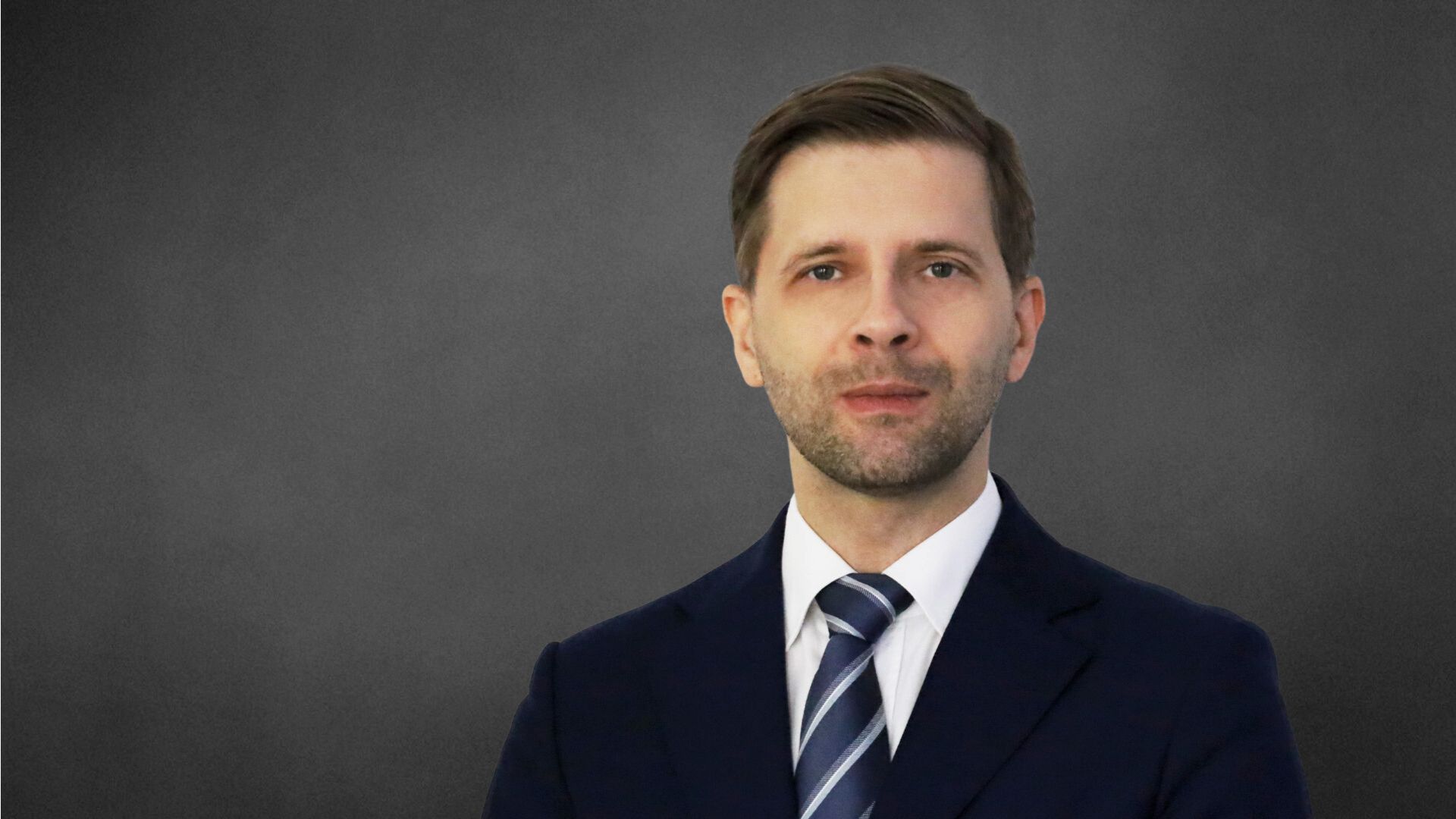The Growing Problem of Disinformation in Latin America
In the last few years, Latin America has seen a surge in disinformation, used as a tool in an internal political rivalry and influencing the public debate. This process is creating favourable conditions for Russian, Chinese, and Iranian state media—all gradually increasing their reach in the region—which use manipulation of information, for example, to discredit democratic states, especially the U.S., but also EU members. The growing scale of disinformation threatens democracy in Latin America. The EU could consider expanding its StratCom analysis of disinformation campaigns to monitor foreign state media content in the region.

Factors
The growing problem of disinformation—the deliberate spread of false or misleading content—in Latin America is mainly linked to the increasing popularity of social media. According to DataReportal, 85% of the region’s population over age 13 (more than 410 million people) use such media. The Reuters Institute’s Digital News Report in 2019 found that, in major Latin American countries, the internet is the main source for news for nine out of 10 people while seven out of 10 people read or watch news through social media, mostly on Facebook, WhatsApp, and YouTube.
The growing problem of information manipulation is also influenced by the region’s socio-political specifics—for example, a relatively high share of people with low levels of education and numerous social problems—which feed radicalisation of opinions, such as high rates of poverty, social inequality, crime, or corruption. The chronic nature of these problems is behind the decline in trust of citizens in state institutions and politicians in the past decade and the growing acceptance among voters for populist or fringe candidates.
Latin America is also an important area for China, Russia, and Iran, and their state media, which regularly distribute disinformation, are active in the region (see Table 1). Certain factors such as the presence of anti-U.S. governments (especially in Venezuela) and the negative opinion of most Latin Americans towards the U.S. in reaction to Donald Trump’s presidency make the region’s audience susceptible to these foreign media’s narratives.
Disinformation in the Domestic Debate
Campaigns of false information mainly accompany elections and debates on socially important topics (e.g., the fight against COVID-19 recently). Sources of disinformation vary but—especially in the largest countries—politicians, including those in power, are increasingly using it to boost their popularity, discredit opponents (including independent media) and counter unfavourable reports.
In Brazil, for example, disinformation by supporters of various political forces accompanied anti-government protests in 2013, the 2014 election campaign, and the impeachment of President Dilma Rousseff, culminating in her removal in 2016. The problem intensified during the 2018 presidential campaign when WhatsApp, which was used then by 120 million Brazilians, was the main channel of disinformation. The winner, Jair Bolsonaro, has been one of the main spreaders of false claims (e.g., rumours of electoral fraud), and since 2019, the Supreme Federal Court (STF) has been investigating the case of distributing false information about STF judges through a network of the president’s supporters and people from his entourage.
In Mexico, candidates rented commercial bot networks in the 2018 election to automate content and artificially boost their popularity in digital media. In Colombia, it is widely believed that the rejection of the government’s peace agreement with the FARC guerrilla group in 2016 by 50.21% votes had to do with a disinformation campaign by some opponents of the deal. The wave of public protests in Chile, Bolivia, and Ecuador, among others, in the final months of 2019 led governments blame disinformation (including from abroad) for inspiring and inflaming tensions.
Non-democratic governments comprise a separate category, as they use information manipulation as a tool to remain in power. The main example is Venezuela, which has been in social, political, and economic crises for several years. In 2018, it emerged that Nicolás Maduro’s government had created a digital media unit aimed at agitating for the authorities, vilifying the opposition, and, among the examples, blaming external causes for the country’s difficulties. Nevertheless, the democratic opposition has also used disinformation to undermine support for and loyalty in Maduro.
Foreign State Media
The increasing media involvement of Russia, China, and Iran in Latin America took place over the last decade (see Table 2). Among the Russian entities, the most popular are the Spanish-language branch of RT television, which launched in 2009, and the news portal Sputnik, active since 2014 with Spanish and Portuguese versions. China operates its CGTN TV and Xinhua news agency in Spanish, but it focuses on building partnerships with other media and expanding the group of journalists friendly to China in the region. Iran uses Hispan TV, established in 2011, to break international isolation and spread content defaming the U.S. and Israel, amongst others.
These organisations essentially promote themselves as alternatives to traditional media. They favour ideologically close governments and opposition, such as those in Venezuela where Russian media support Maduro’s government and cooperate with the pro-government Telesur TV. They use manipulation to legitimise the home government’s position, such as Chinese outlets that justify China’s policy on Hong Kong. They also discredit democratic countries, for example, by exaggerating the EU’s difficulties related to Brexit and COVID-19. They also spread false claims about history—Russian media whitewash the Soviet Union’s involvement in the start of World War II. In response to COVID-19, the Russian and Chinese media have promoted the claim that the U.S. is responsible for the outbreak while boasting of their countries’ effectiveness in tackling the pandemic.
Fight Against Disinformation
Latin America has seen the rise of many fact-checking initiatives aimed at verifying public statements of politicians and other claims. The main format is online portals run by partnerships between NGOs and traditional and social media. Among them are Chequeado, operating in Argentina since 2010, Verificado in Mexico, and Comprova in Brazil, with the latter two active since 2018.
In some countries, the authorities have considered criminalising the spread of false information but human-rights organisations sounded the alarm that governments may abuse such regulations to censor unfavourable content. At the regional level, it is worth mentioning the initiative of the Organisation of American States in 2019 to set up an expert group on disinformation in the electoral context.
The experience with Russian attempts to influence the 2016 U.S. presidential campaign have raised public awareness of the problem in Latin America, but this has not translated into significant enough interest in the activities of media dependent on China, Russia, or Iran. It is rather U.S. think tanks that have been visibly interested in these entities in Latin America, for example, an initiative of the Atlantic Council, DFRLab, which has been one of the most active.
The problem of disinformation has gradually become more important in EU-Latin American relations. The European Commission called for cooperation and exchange of experience in this area in its 2019 Communication on relations with partners in Latin America and the Caribbean (CELAC). East StratCom, the Union task force that monitors Russian disinformation, mentions Latin American countries in its news analysis. The problem has also raised media interest. For example, in 2019 the subject was discussed during the 4th EU-CELAC Congress of Media Editors, and the French news agency AFP launched a fact-checking initiative for Latin America.
Conclusions for the EU
The use of disinformation in Latin America will grow and be exploited by media dependent on non-democratic governments. This process will complicate the EU’s efforts to build its position as the main promoter of democracy in Latin America and a reliable partner to countries of the region. The Union should strengthen bi-regional cooperation in analysing and exchanging experience in combating disinformation. It is worth supporting the development of media education projects and partnerships with fact-checking organisations from both regions. EU StratCom should expand to monitor manipulated narratives on the EU in Russian and Chinese media in Latin America. This team could support the work of EU election-observation missions in Latin American countries by monitoring disinformation campaigns in the national debate. Supporting such initiatives is in Poland’s interest because it can expose manipulation of information that may be directly targeting the country, such as reports disseminated especially by Russian media.
%2013%20October%202020-3.jpg)
%2013%20October%202020-4.jpg)


